What do you think?
Rate this book
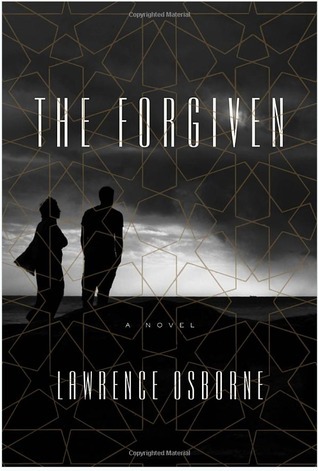

288 pages, Kindle Edition
First published January 1, 2012



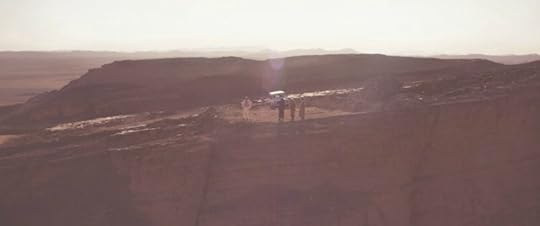
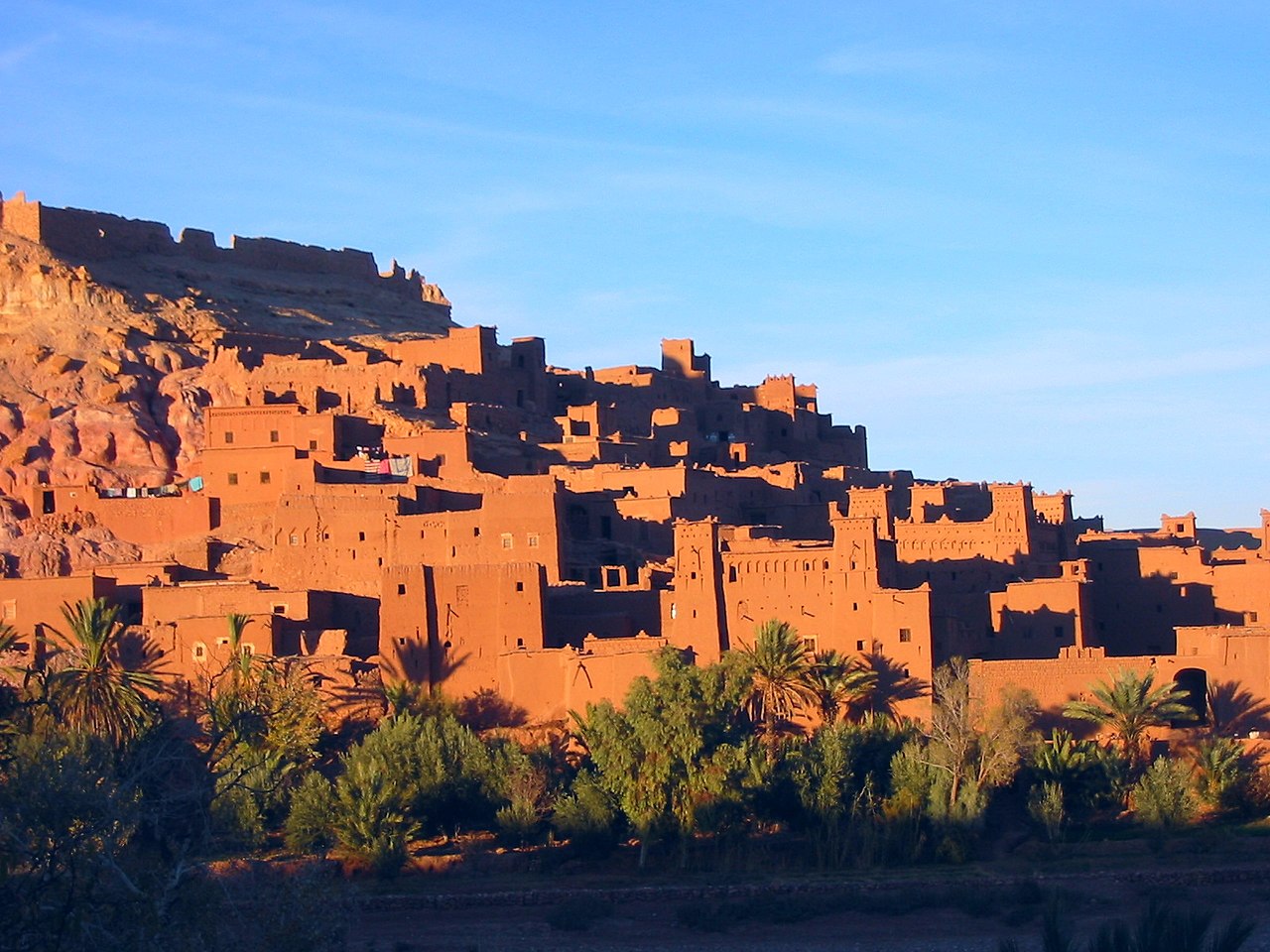
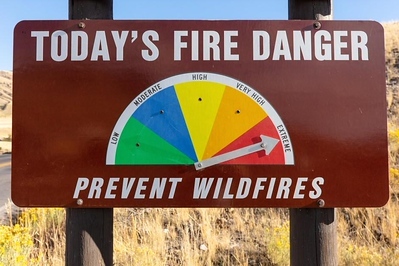
The only future worth entertaining is the one we can’t imagine at all.
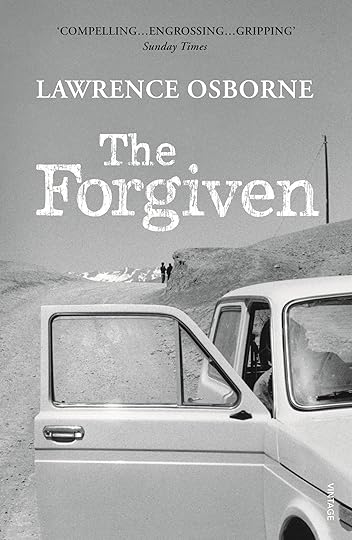
Would she beg to be forgiven? There was not a soul to beg... [a]nd she hadn't begged anything from anyone in her whole life. How did you do it?What is forgiveness, and to whom do we apply for this act, an act that typically requires an obeisance on the part of the one seeking forgiveness? Are we certain to be absolved and requited from any wrongdoing solely because we have come penitent and with head hanging low to the one whom we have offended? Is forgiveness ever a larger act than one involving two grieved parties—an act that can cross cultural, linguistic, and other barriers, ultimately allowing a more personal scene of forgiveness to server as metaphor for cementing these more global and universal relations? Can we ever truly forgive ourselves?
The road was steep. It passed under ponderous, fractured cliffs, winding past plots of fig trees and then slopes of iron-red dirt dark as fresh liver where tiny black goats stood stock-still with quivering ears.David and Jo Henniger are an unhappily married British couple who are adept at swallowing their sorrows and grievances with copious amounts of alcohol and a social life that privileges surface over depth. Invited to their acquaintances' new Moroccan home—itself a critique of imperial attitudes, with its reproductions of traditional architecture and design, a mansion where Richard and Dally, the hosts, parade their servants around in outlandish costumes that are more caricatures of "the orient" as viewed by "the occident."
Was their beautiful way of life, their partial exile, so detailed and meticulously planned, now in danger of being destroyed?As I stated above, Osborne's voice is highly unique but owes much to James and Forster, especially. While local Muslims begin to surround the estate demanding answers, the Westerners enjoy their drinks, desserts, and social banter, insulating themselves against both the outside and against each other ("Would they be expected to be themselves or to impersonate people they were not?"). In these scenes, Osborne's debt to James is obvious, but the ways in which he deploys his unique vision of post-9/11 culture is obviously entirely his own, with some evocations, perhaps, of Hollinghurst, particularly The Line of Beauty. Later, as Osborne shifts geographic (and also temporal) terrain to encompass the more isolated Issomour, renowned for its trilobites, not only is Forster's famous dictum from Howards End ("only connect") resonant, but so, too, are the cultural divides he examines and crosses with such finesse in A Passage to India.